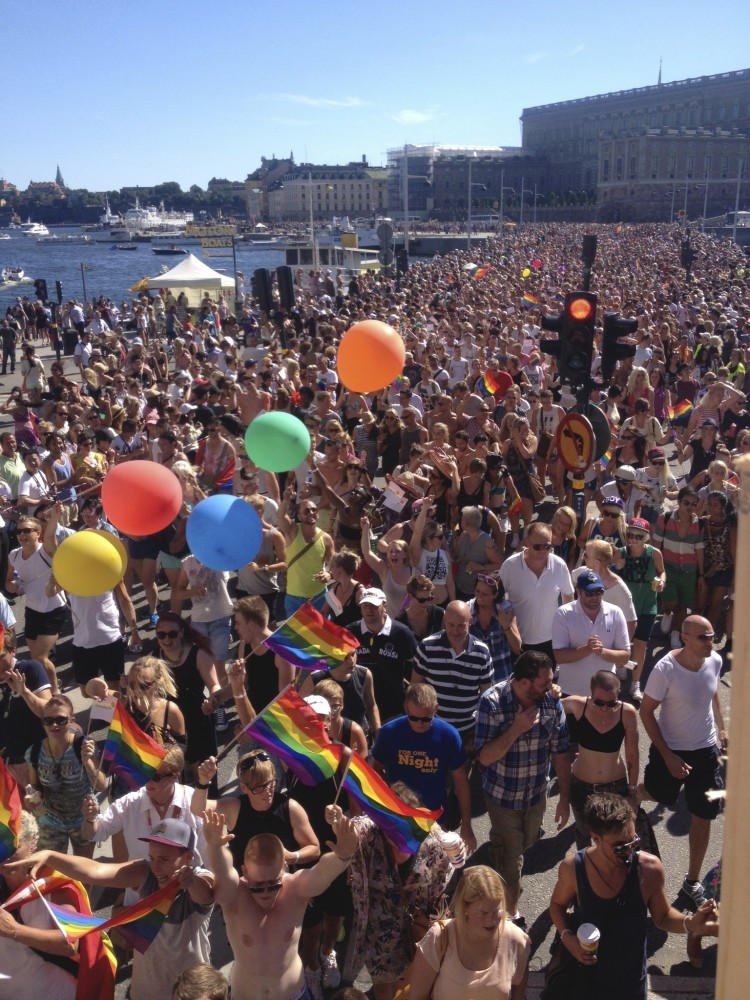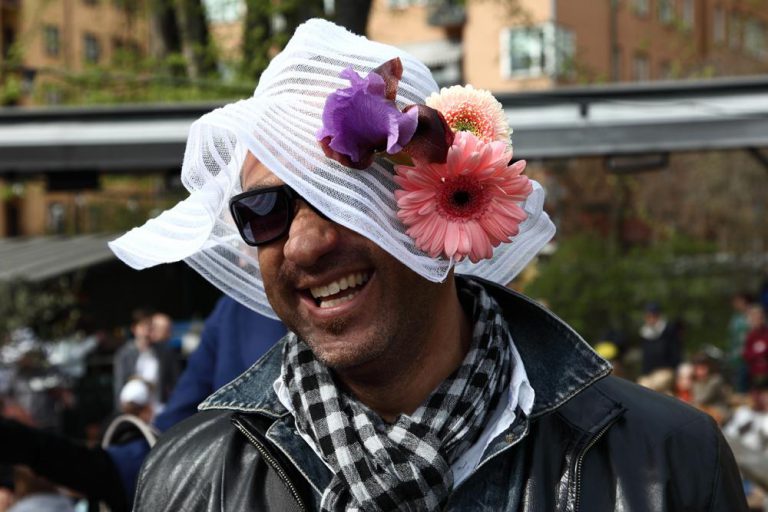Kazemi went to London to study in 2005 and Iranian officials later
arrested his boyfriend, Parham, charged him with sodomy and executed
him, according to Kazemi’s father.
Kazemi then sought asylum in Britain but was rejected. In 2006, he then
fled to the Netherlands, which detained him and is now preparing to
return him to the UK.
The UK had been planning to send Kazemi back to Iran when he returned to
British soil but, on March 13, following extensive media coverage and
political pressure, the Home Office agreed to review his case one more
time before forcing him to go home.
”The Iranian authorities have found out that I am a homosexual and they
are looking for me,” Kazemi said in a recent letter to UK Home Secretary
Jacqui Smith.
In a statement given to activist groups, Kazemi elaborated: ”Around
(the) end of April 2006, my uncle called me again and informed me that
my father had informed him that the authorities had executed Parham and
that I must not return to Iran as the authorities would do the same to
me. … Parham was charged with (the) crime (of) being homosexual and
was executed.”
According to Kazemi’s father, Parham named Mehdi as his lover prior to
his execution.
Leading British gay activist Peter Tatchell commented: ”The Home Office
decision to deport Mehdi back to Iran is shameful and reckless. … Gay
men in Iran are hanged from public cranes using the barbaric method of
slow strangulation.”
Tatchell said the UK government is ”callous (and) more interested in
cutting asylum numbers than in ensuring a fair, just and compassionate
asylum system.”
Britain’s Gay and Lesbian Humanist Association also has taken up
Kazemi’s cause, saying that ”deporting gay and lesbian people to Iran is
akin to deporting Jews back to Nazi Germany.”
Meanwhile, The Independent reported March 7 that an Iranian lesbian who
fled to Britain after her girlfriend was arrested and sentenced to death
by stoning also is at risk of being sent home.
Pegah Emambakhsh, 40, issued a statement March 6 saying: ”I will never,
never go back. If I do I know I will die.”
Emambakhsh’s asylum claim was rebuffed by the Court of Appeal in
February. She now plans to ask the High Court to review the case.
Iran is known to have executed several teens and men accused of engaging
in sodomy, although in nearly all the cases that have been publicized in
recent years the individuals were accused of other crimes as well, such
as rape.
The International Gay and Lesbian Human Rights Commission has said it
suspects that other charges often are tacked onto sodomy cases to
prevent the public outrage that would accompany executions carried out
solely for the crime of consensual adult gay sex. The group also has
said it believes executions solely for gay sex are taking place out of
the public eye.
”(O)ur suspicions (are) that their current practice really is to rid
society of lesbians and gay men,” the organization said last year.
Human Rights Watch, on the other hand, has said it cannot fully document
any executions in Iran in recent years carried out solely for the crime
of consensual adult gay sex.
Last September, during a speech at Columbia University in New York City,
Iranian President Mahmoud Ahmadinejad was asked about the nation’s
treatment of gay people.
He responded: ”We in Iran — we in Iran, firstly, we don’t have
hamjensbaz (a derogatory term for homosexuals meaning people with loose
morals who chase people of the same gender for sexual pleasure) like you
have in your country. In our country, there is no such a thing. In Iran,
such a thing does not — in Iran, in Iran, absolutely such a thing does
not exist as a phenomenon. I don’t know who told you otherwise.”
Uppdaterad 2021-06-25







